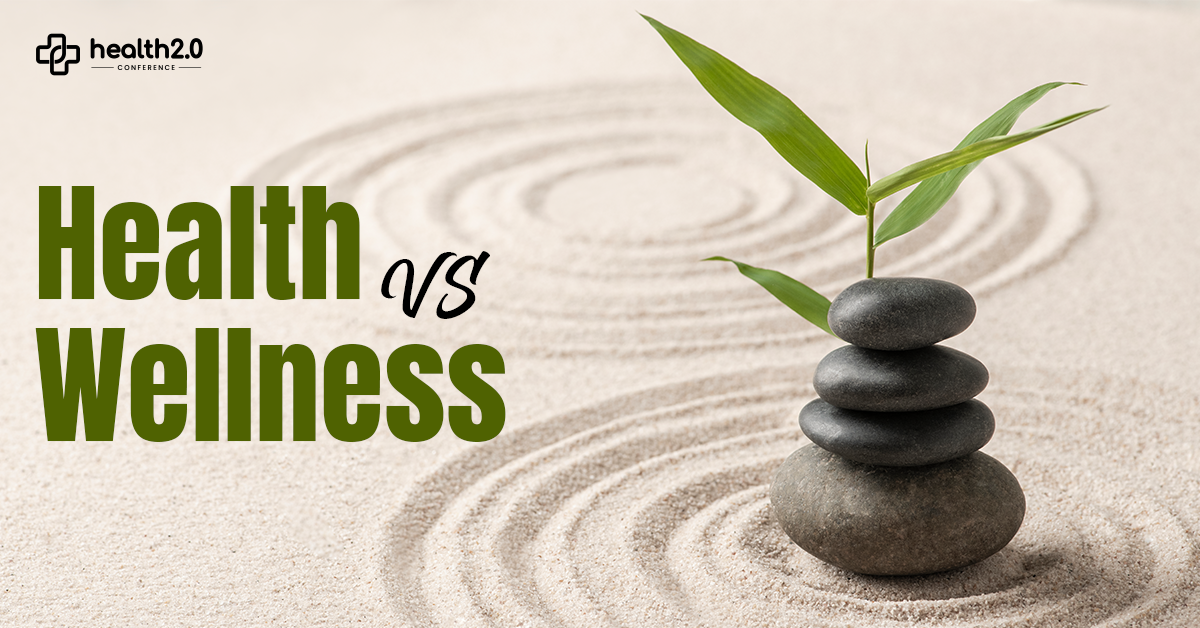What is wellness versus health? - Health and Wellness - atianana
Health: Understanding the Difference and Embracing Holistic Well-being
Wellness versus health - In a world that is increasingly focused on physical well-being and medical advancements, the terms "wellness" and "health" are often used interchangeably. However, these concepts encompass different dimensions of our lives and hold distinct meanings. Understanding the difference between wellness and health is essential for fostering a balanced and fulfilling life that encompasses every aspect of our being.
Defining Health: A Holistic Perspective
Health is a state of physical, mental, and social well-being in which an individual is free from illness, injury, and disease. It is often measured by medical standards, such as blood pressure, cholesterol levels, and physical fitness. While the medical aspect of health is undoubtedly crucial, it's important to recognize that health goes beyond the absence of disease.
Physical health forms the foundation of overall well-being. Engaging in regular exercise, maintaining a balanced diet, and getting enough sleep are fundamental to achieving optimal physical health. Regular medical check-ups and screenings help detect potential issues before they escalate into serious health problems.
Mental health is equally vital. Emotional well-being, stress management, and the ability to cope with life's challenges contribute significantly to a person's overall health. Seeking professional help when needed and practicing mindfulness are key elements in nurturing mental health.
Exploring Wellness: A Multi-Dimensional Approach
Wellness, on the other hand, is a broader and more holistic concept. It encompasses not only physical health but also various dimensions of our lives that contribute to our overall well-being. Wellness is a dynamic process that involves making conscious choices to lead a balanced and fulfilling life.
There are several dimensions of wellness, each interconnected and equally important:
Physical Wellness: This dimension aligns with the traditional concept of health and involves maintaining a healthy body through regular exercise, proper nutrition, and adequate rest.
Emotional Wellness: Emotional well-being includes understanding and managing our emotions, cultivating healthy relationships, and finding effective ways to cope with stress.
Mental Wellness: Mental wellness focuses on intellectual growth, continuous learning, and engaging in activities that challenge and stimulate the mind.
Social Wellness: Social connections and healthy relationships contribute to a sense of belonging and support. Engaging in meaningful interactions and building a strong social network are crucial for this dimension.
Spiritual Wellness: This dimension involves finding purpose and meaning in life, embracing personal values, and connecting with something greater than oneself.
Environmental Wellness: Being mindful of our impact on the environment and adopting sustainable practices contribute to environmental wellness. A harmonious relationship with our surroundings promotes overall well-being.
Occupational Wellness: Job satisfaction, a healthy work-life balance, and a sense of purpose in one's career are integral to occupational wellness.
Financial Wellness: Managing financial resources effectively and planning for the future are important aspects of financial wellness.
The Interplay Between Wellness and Health
While health and wellness are distinct concepts, they are deeply interconnected. Optimal health lays the groundwork for achieving holistic wellness. When we take care of our physical health through proper nutrition, exercise, and medical care, we pave the way for improved emotional, mental, and social well-being.
Conversely, prioritizing wellness in all its dimensions can contribute positively to our overall health. Engaging in activities that promote emotional, mental, and social well-being can have a direct impact on physical health by reducing stress, enhancing immune function, and improving cardiovascular health.
Embracing a Holistic Approach
In our quest for well-being, it's essential to recognize the synergy between health and wellness. Adopting a holistic approach that integrates both concepts allows us to create a more balanced and fulfilling life. Striving for optimal physical health while nurturing emotional, mental, social, and spiritual well-being leads to a more meaningful and joyful existence.
Ultimately, wellness goes beyond mere physical health. It's a journey of self-discovery, self-care, and self-improvement that encompasses all aspects of our lives. By embracing wellness and recognizing its interconnectedness with health, we empower ourselves to lead lives that are not only long and healthy but also vibrant, purposeful, and deeply satisfying.






No comments:
Post a Comment